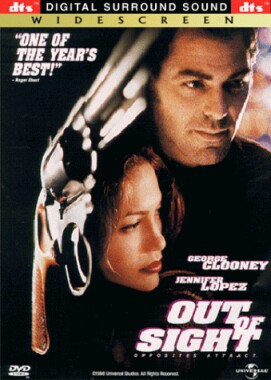Osama
Osama, by the Afghan director Siddiq (or Sedigh) Barmak is propaganda. To be sure, it’s propaganda on the right side, which is against the former Taliban régime in Mr Barmak’s homeland and in particular its shocking treatment of women. But it is still propaganda and with all the limitations of the genre. He could have used an Afghan version of Cedric the Entertainer to lighten things up a bit.
A woman doctor (Zubaida Sahar) and single mother — her husband having been killed in the Russian wars — is prevented from practising medicine by ever-present Taliban thugs and worries how she is to support her 12-year-old daughter (Marina Golbahari) and her aged mother. Her solution is to cut off the daughter’s hair and disguise her as a boy with the highly prestigious name of Osama. Osama briefly gets a job but is soon rounded up with the other boys in the village by the Taliban and made to undergo religious and military training.
Obviously, it becomes much more difficult for her to maintain the disguise under these circumstances, particularly as much of the religious instruction involves classes in ritual washing. It doesn’t help that Osama is rather sissyish even for a girl, climbing a tree on a dare and then wailing that she can’t get down. Her only friend is a street urchin called Espandi (Arif Herati) who knows her secret and tries to protect her from the other boys. But she can’t keep up the deception forever, even when the alternatives begin to take shape as a choice between death and becoming the child-bride of a revolting Talibanish polygamist.
This character is a scary villain to haunt the nightmares of young girls, but hardly an interesting character in his own right. In fact even “Osama” and her mother have their hands full with being victims and have little character to them. Only the old grandmother (Hamida Refah) is interesting as an individual. She is given only a few moments on the screen to tell a kind of folk-legend about the differentiation of the sexes which is a welcome but too-brief break from the politics of the rest. If you didn’t already know that the Taliban were the murderous gangsters and pigs they are here represented as being, this would be an enlightening film, but as it is it has nothing much that is new to tell us.
All the same, it does offer us what I take to be something of the flavor of real life in rural Afghanistan as recently as three years ago, especially when the roguish Espandi is present on the screen. And there are a few fine visual moments. My favorite was the image of a crowd of women demonstrating in in their burkas and chanting “We are not political” — until they are dispersed with fire-hoses. But the film doesn’t seem to be interested in the irony of such moments and they are in any case too few.
Discover more from James Bowman
Subscribe to get the latest posts to your email.








